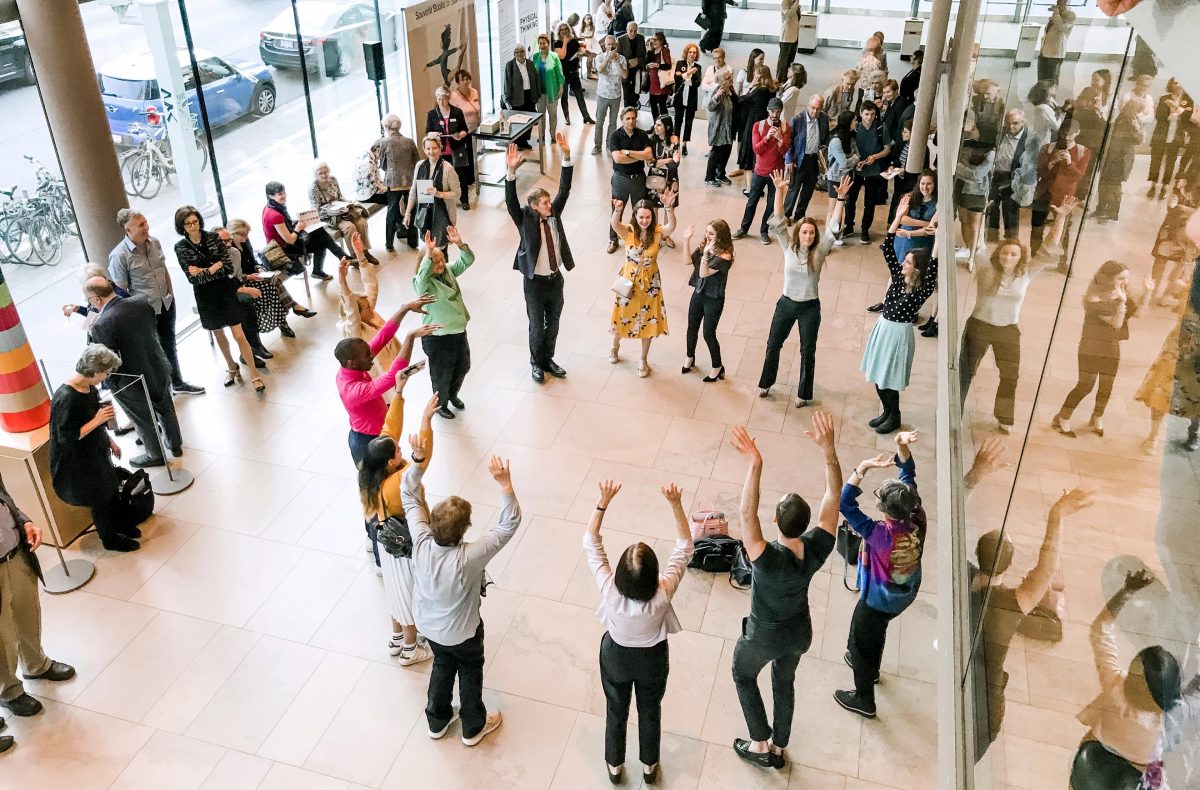Staging Change, Metcalf’s current multi-year strategic initiative in the performing arts, supports innovative solutions to challenges and opportunities arts organizations face in rapidly changing environments. The initiative’s design, delivery, and facilitation are supported by EmcArts, a North-Carolina-based social enterprise for adaptive learning and innovation.
Of the eight organizations who participated in Stage 2, four organizations are moving forward to Stage 3. The National Ballet of Canada, Tapestry Opera, The Theatre Centre, and Theatre Direct will each receive $25,000 to research, design and prototype a major new direction in response to a complex challenge over a one year period.
The National Ballet of Canada (NBoC) was established as a classical company by founder Celia Franca in 1951. Its repertoire includes works by the world’s most celebrated 20th and 21st century masters and has been performed for over 10 million people. In 2019-2020, the NBoC celebrates artistic director Karen Kain’s 50-year career with the company. The company’s complex challenge is around discovering new ways to engage deeply with today’s diverse audiences and artists as the ballet company for all of Canada.
Tapestry Opera is the R&D department of Canadian Opera and is the largest commissioner of new Canadian opera in Canada. Under the current Artistic Direction of Michael Mori, Tapestry has found success in multiple Dora-winning productions such as the Rocking Horse Winner and is placing opera in unexpected places to pursue contemporary ideas in conversation with new developments in the field. The company’s complex challenge concerns itself with dramatically increasing their audiences beyond a dedicated opera audience to include the general public.
The Theatre Centre is nationally recognized as a live-arts incubator. The Theatre Centre sees itself as a public space, open and accessible to its community, where citizens can imagine, debate, celebrate, protest, unite, and be responsible for inventing the future. The company’s complex challenge turns inwards and asks what it means to apply reckless generosity to themselves.
Theatre Direct, now in its 43rd season, was founded by Playwright David S. Craig in 1976 and continues to create, produce, and disseminate innovative work for, with, and by young people. The company’s complex challenge reflects a desire to develop relationships in their community in order to raise awareness about Theatre Direct’s renewed mission and presence, to bring more diverse voices into the work, and to find unconventional spaces to create and perform in their neighbourhood.


